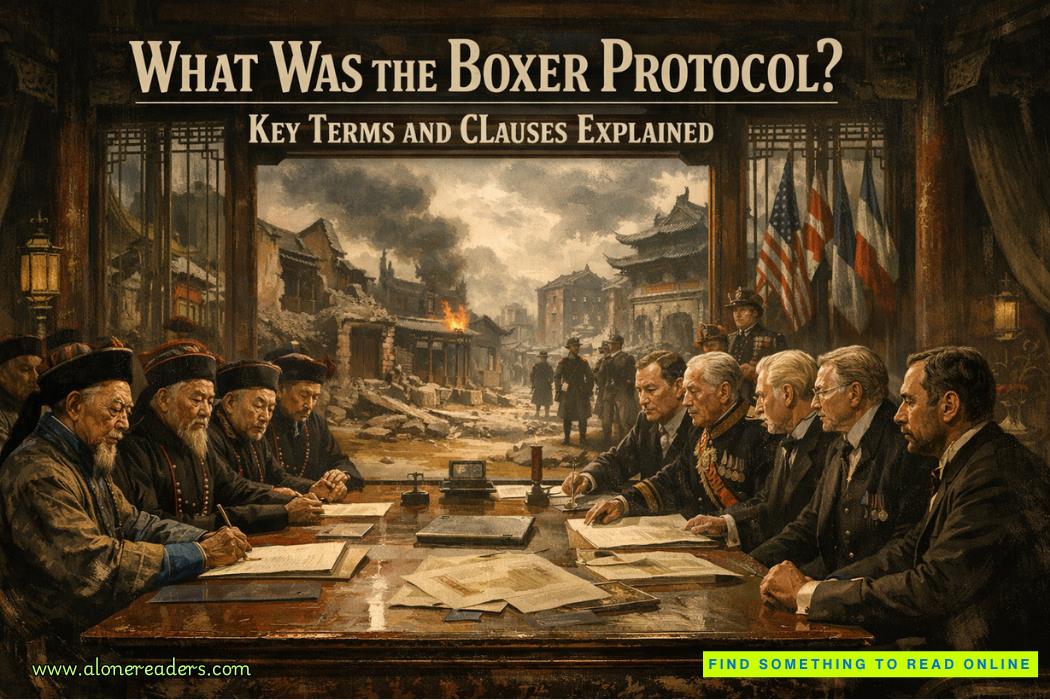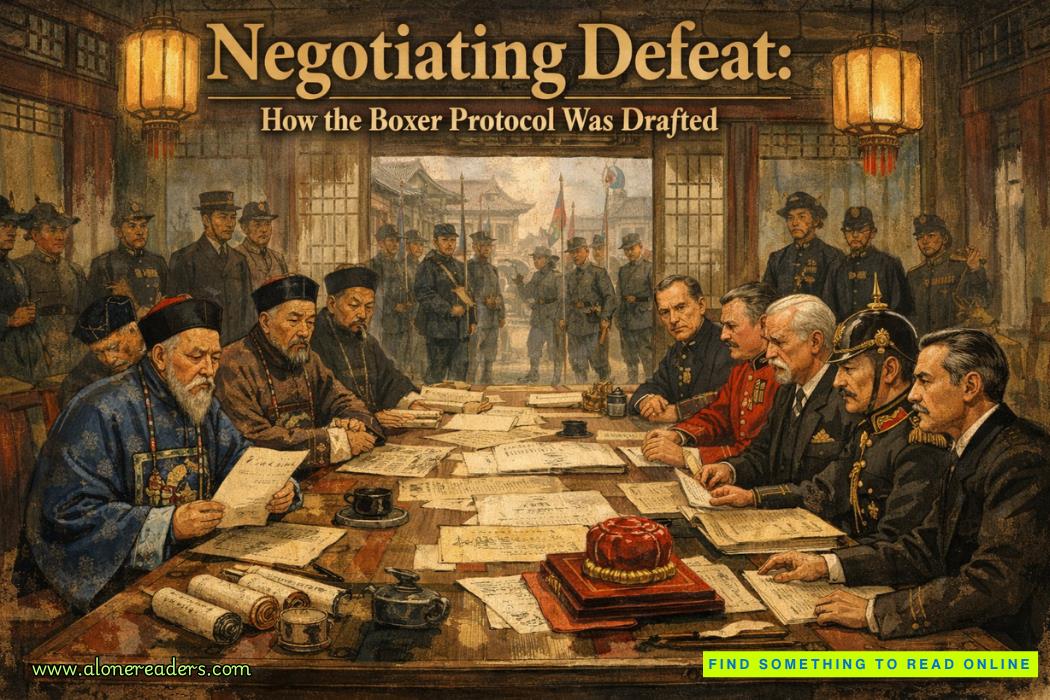Not many men would look as deep as he had and seethe kindness and quality that made Olive Grant the best of women. He had needed her help from the beginning, even though she was no great shakes in the surgery, and he needed her still, for reasons that were his alone.
That was his dilemma. When he was much younger and the blood flowed a little faster, he had fantasized about the woman he would marry someday. For a while they all seemed to look like Spanish ladies, then Polynesian women, and even a blonde and blue-eyed Dane he’d met in the Baltic.
But then he had clapped his tired eyes on Olive Grant and he knew, he just knew. She was no fantasy. She was a practical Scot with more character and principle than most small countries, especially Mediterranean ones. She was the woman he wanted, if only he had been a better man. If only he had known that Edgar, with its troubles and sorrows, was the perfect place to practice medicine. But no, he had yammered on about how quickly he could leave Edgar and find the ideal place, which he understood now was Edgar. She had probably known it all along and knew him to be a complete jackass.
“I am an idiot,” he said as he packed.
Packing took no time at all. He stuffed his medical satchel full of his usual assortment of sharp hardware and nostrums. He looked around, feeling a pang to leave his growing store of medicines and that wonderful surgery table that one of Edgar’s formerly out-of-work carpenters had built. Perhaps some other surgeon would venture into Edgar and not be such a fool.
Bags packed, ready to go, he stood in the surgical waiting room and talked himself out of going to the tearoom for a final meal before catching the bonecracker to the next small town. He could eat at the Hare and Hound after he stopped at the shipyard for one last look, and to pick up some of Joe Tavish’s sketches of the yacht in the covered shiphouse, boasting only a keel right now. All hehad to do was travel to Edinburgh and speak to the two men that Homer Bennett suspected might be interested in such a thing as a yacht, sleek and nimble and built by men learning the trade.
That was the plan. It changed the moment he walked into the little antechamber, built to shelter anyone coming inside the house from a typical drizzly Scottish rain.
Someone had pushed a sheet of paper there, the very paper he had borrowed from Mr. Bennett, along with pencils, to coax the children into drawing out their eviction experiences, in the hope of expiating their demons. There was a note attached, so he picked up the paper for a closer look.
Draw your own experience, Douglas Bowden, he read.Heal yourself before you don’t care anymore. With fine regard, Olive.
He stared at the note, written in Olive’s careful handwriting, wondering if he had read the words right, or if they had jumbled in some odd order to produce sentences that suggested someone cared enough for him to demand self-examination.
A fool would have considered her demand impertinent and forward. Staring at the note, Douglas Bowden decided he was tired of being a fool.
“If that’s what you want,” he said out loud. “I’m no artist.” He returned to his waiting room and dragged a chair up to the little table where a collection of old newspapers, religious tracts, and political pamphlets had taken over.
He started to shake before he even touched the pencil to the paper. He put his hands over his face for his quiet time. When his hands were steady, he picked up the pencil again.
Do I feel any different?he asked himself an hour later. Perhaps not, because the first thing he did when he finished was turn the paper over so he didn’t have to look atit. Maybe he could slide it under Olive’s door before he bid farewell to Edgar.
He remembered his errand to the shipyard and spent a pleasurable moment there chatting with Joe Tavish. The Highlander gave him the yacht sketches done up in a pasteboard sleeve to keep them wrinkle free and dry, plus the addresses in Edinburgh, and then held out his hand.
A handshake wasn’t enough. Joe grabbed Douglas in a fierce embrace, reminding the surgeon of the man’s strength and his own black eye and unhappy ribs.
“I wish you weren’t leaving,” Joe told him after they stepped back and both of them tried to be sly about wiping their eyes.
“I’ve done what I set out to do here,” Douglas said, but it sounded so feeble to his ears.
“Ye have not,” Joe told him flatly.
“I know my own mind,” Douglas replied, waiting to be irritated so he could leave without a regret, but feeling dismal instead. What if Joe was right? “I have to give something to Miss Grant. Then I’m off.”
Joe’s blank look should have warned him. “Good luck to ye finding her. She’s scarpered off on the early carriage, with a grim look and those pictures from t’infernal regions tight in her grasp.” He shuddered. “Ye don’t want to see a grim look from the kind lady.”
Douglas stared at him as the words seemed to register slowly. “Wh … where did she go?”
“Edinburgh. T’kind lady saw a wee notice in a broadside about the Countess of Sutherland”—Joe paused to clear his throat and spit—“and her husband holding court at their residence in the city. Petitioners’ claims, ’tis called.” He spit again. “Ye won’t see them doing that at Dunrobin Castle in Ross-shire. They’d be burnt out.”
“What in the world is Oli … Miss Grant … hoping to accomplish?” Douglas asked, suddenly fearful.
Joe shook his head, not a mere shake, but a dramaticwaggle from side to side. “I guess even the kind lady has her limits. I sent along one of my drawings, too, ’ta one with that evil witch’s factor, Patrick Sellar …” Another spit. “… watching old Mary MacKay burn to death in her hut.” He closed his eyes against the memory. “I could have drawn more, but time was short.”
“I’m going to Edinburgh,” Douglas said.
He turned to walk away, but Joe took him by the arm. “Wake up, man! I know ye’re going there. Ye told Mr. Bennett ye’d take the drawings of the yacht I just gave ye.”
“Yacht? Yacht? What drawings? I’m going to find Olive Grant,” Douglas said.
Joe gave his arm a little shake, which meant that Douglas felt his teeth rattle. “That’s the right answer. Maybe ye’re going to be smart yet, for an Englishman. Hurry now. No folly or foul play now.”
“Not from me.”















